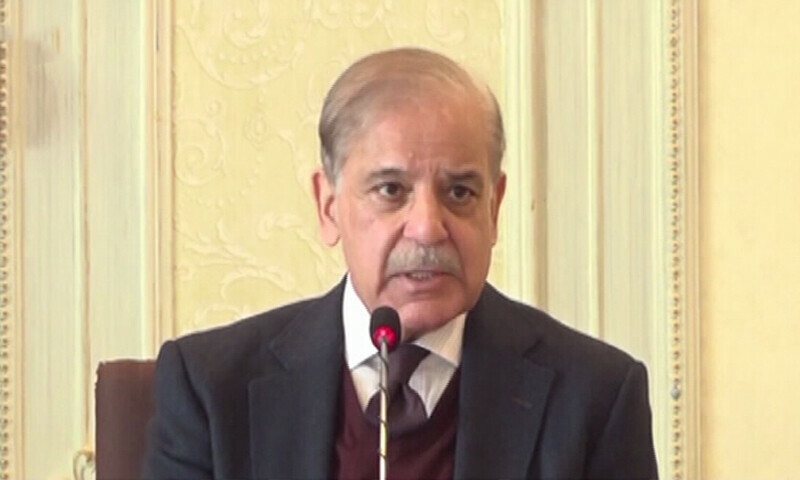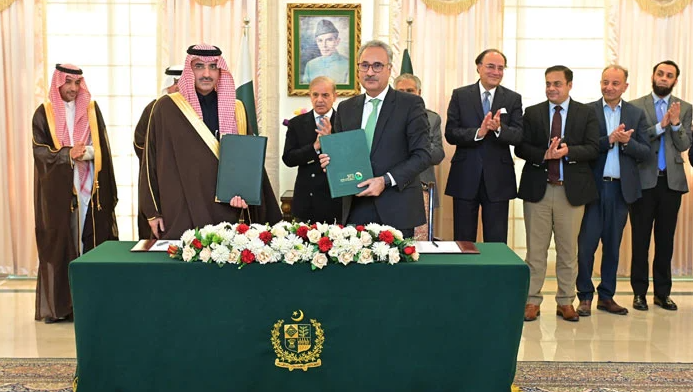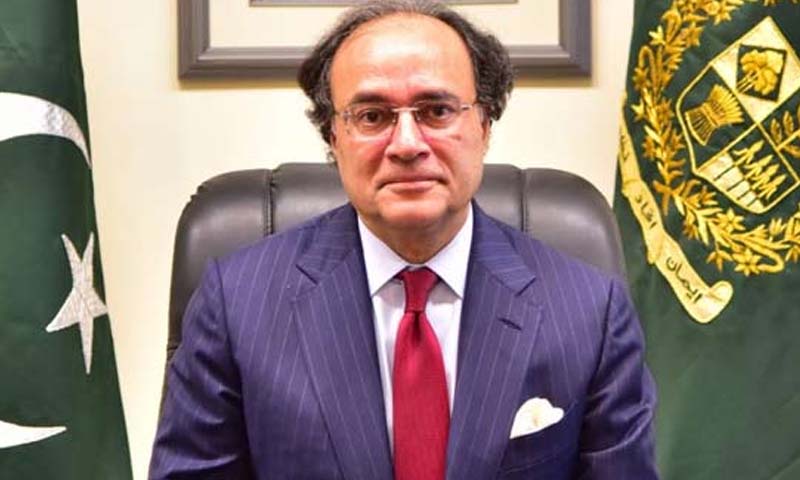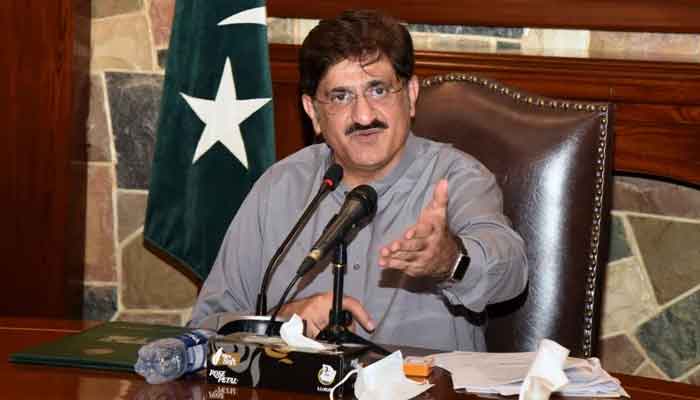TRADE & ECONOMY
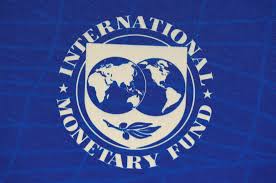
Pakistan is in negotiations with the International Monetary Fund (IMF) for a loan estimated to be between $6 billion to $8 billion. This loan aims to avert a default for an economy currently experiencing the slowest growth rate in the region.
"The budget holds critical significance for Pakistan's IMF program and must close the gap between our revenue collection and total expenditure; it is thus likely to be contractionary," stated Ali Hasanain, head of the economics department at the Lahore University of Management Sciences.
Last summer, Pakistan narrowly avoided a default due to a short-term IMF bailout of $3 billion over nine months. While fiscal and external deficits have been brought under control, this came at the cost of significant drops in growth and industrial activity, coupled with high inflation. Inflation averaged close to 30% in the last financial year and 24.52% over the last 11 months.
The growth target for the upcoming year is projected to be higher at 3.6%, compared to 2% this year, following an economic contraction last year. Prime Minister Shehbaz Sharif, who was elected in February, has publicly committed to tough reforms, but high prices, unemployment, and a lack of new job opportunities are putting political pressure on his coalition government.
Standard Chartered noted last month that fully implementing IMF-prescribed measures, such as increasing revenue through widening the tax base and hiking power tariffs, will be challenging for Sharif’s government. The difficulty of implementing deep-rooted structural reforms, a weak coalition government, and a vocal opposition are seen as reasons for caution. There is also a risk of public backlash if tough fiscal measures are front-loaded.
This will be the first major test for new Finance Minister Muhammad Aurangzeb, formerly the chief of HBL, Pakistan’s largest bank. Aurangzeb has been tasked with formulating new policy solutions to address persistent economic problems in the $350 billion economy. Previous finance ministers have avoided contentious steps like cutting subsidies, reducing government spending, and increasing tax revenues from politically sensitive sectors such as real estate, agriculture, and retail.
Mustafa Pasha, chief investment officer at Lakson Investments, believes that taking such steps will be difficult. "Any attempt to tax agriculture, retail, and real estate will likely be poorly structured and face legal challenges, which will prevent any collection," he said. He also warned that failure to meet IMF demands could delay a new program, a situation Pakistan cannot afford for long.
Another critical aspect of the upcoming budget will be the targets set for proceeds from privatization. Pakistan is preparing to make its first major sale in nearly two decades by selling a stake in its national airline, marking the beginning of a series of sales of loss-making entities, particularly in the troubled power sector.
